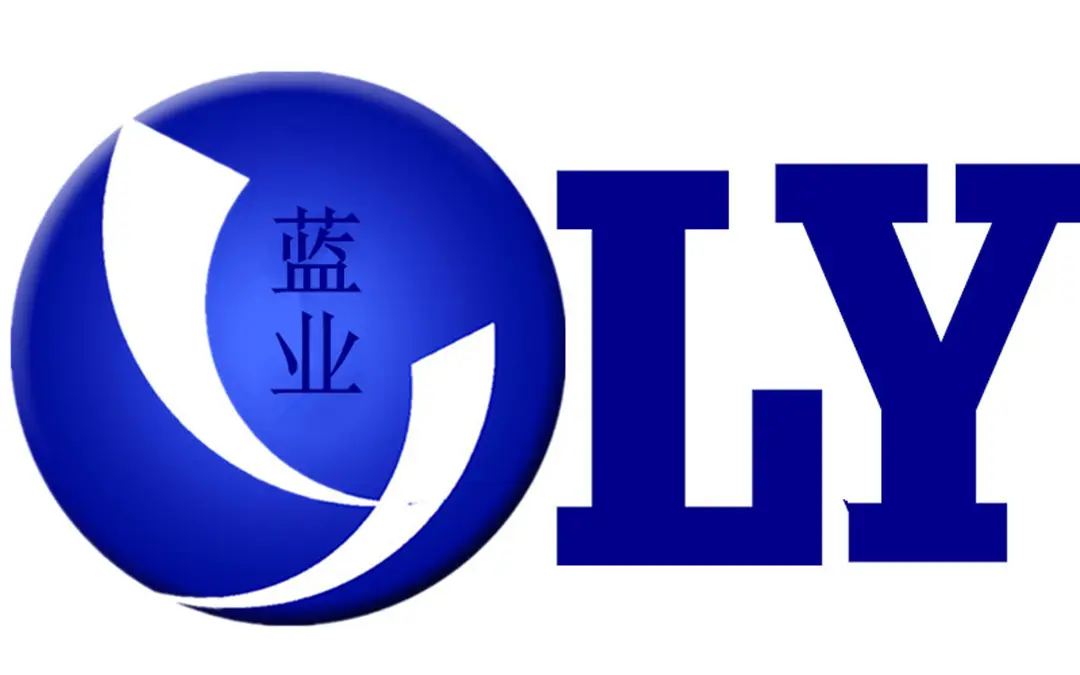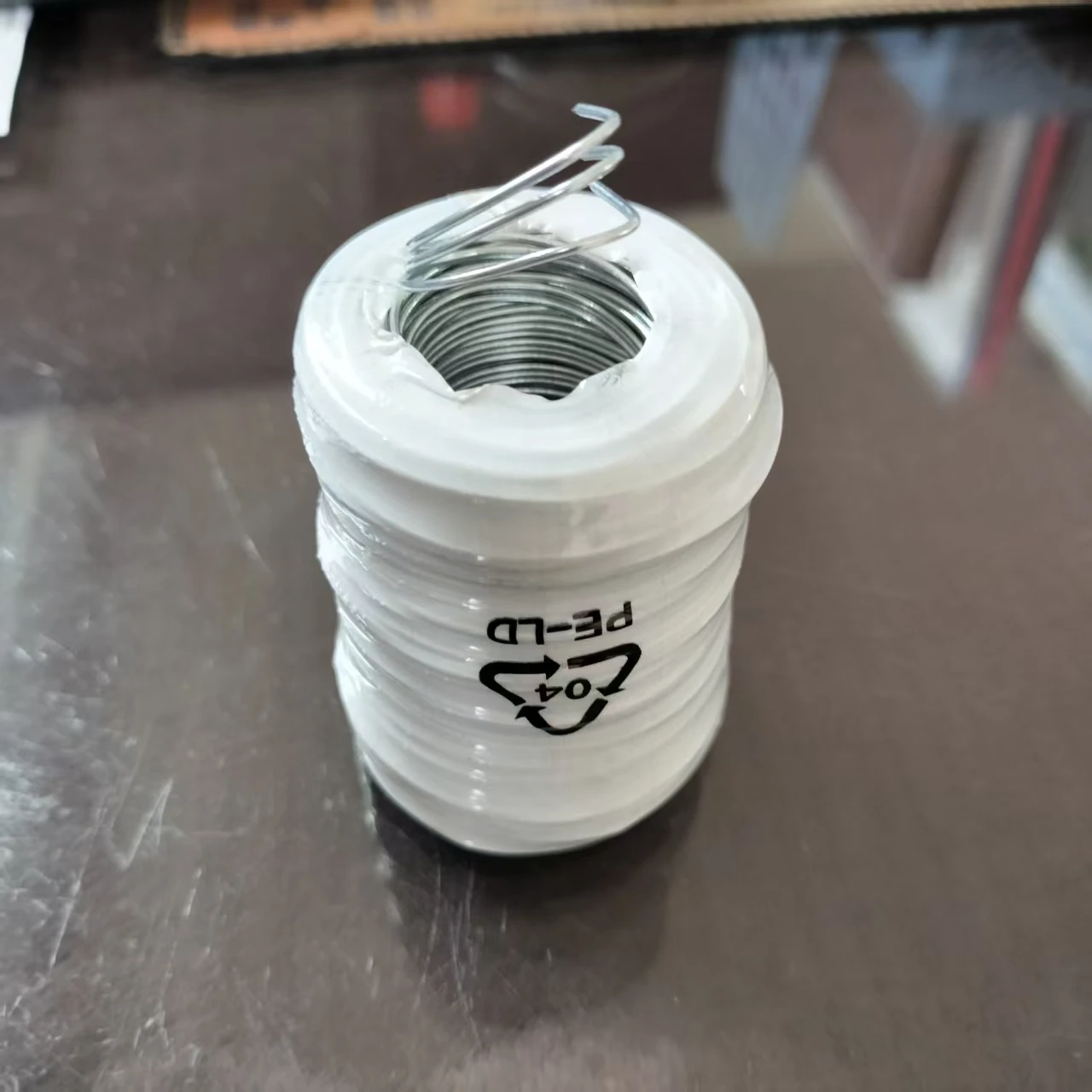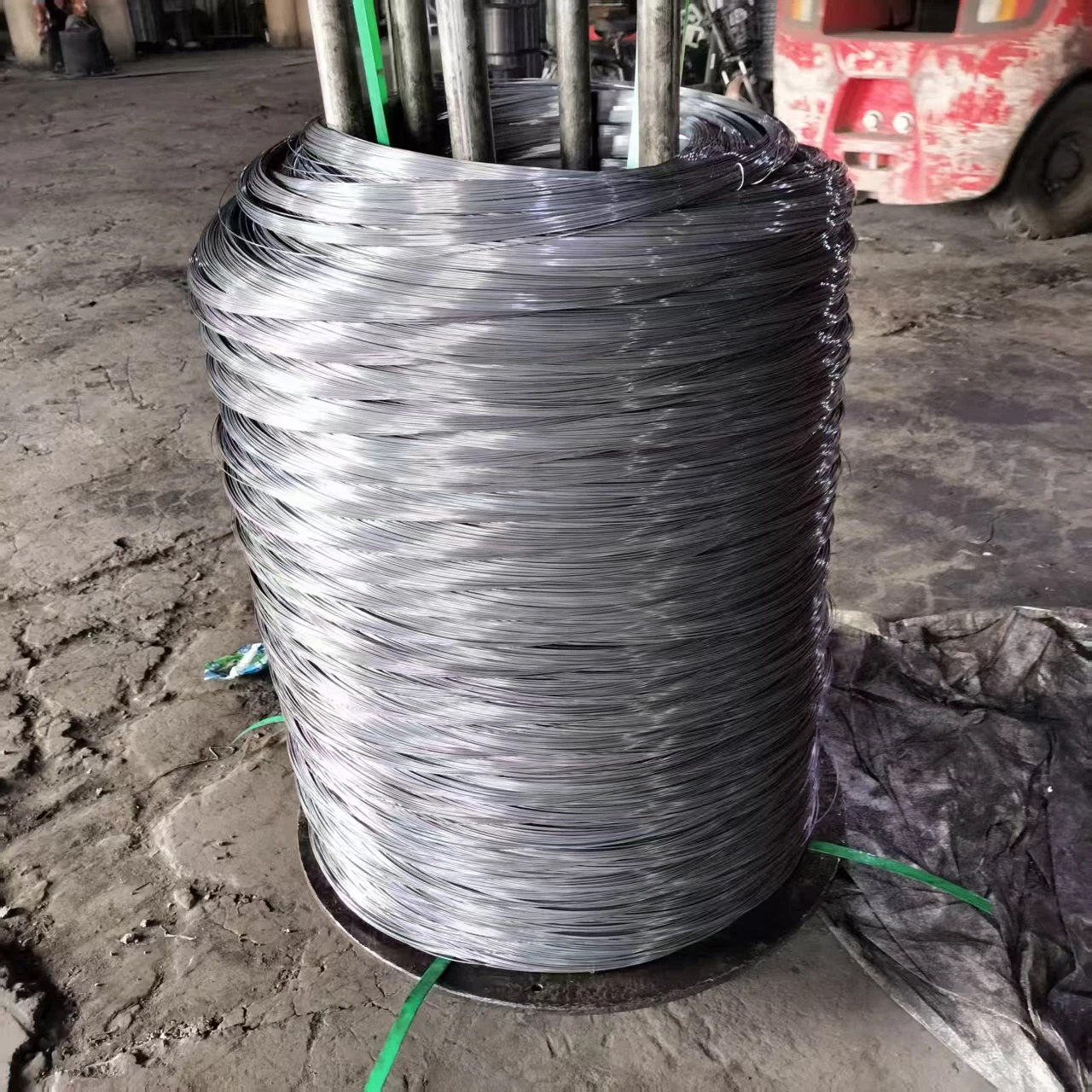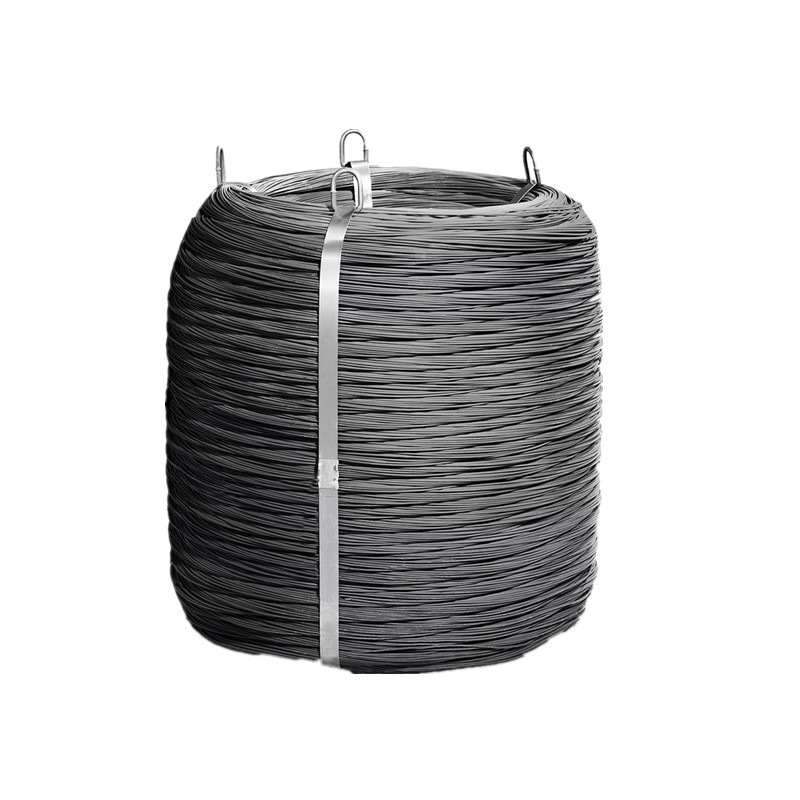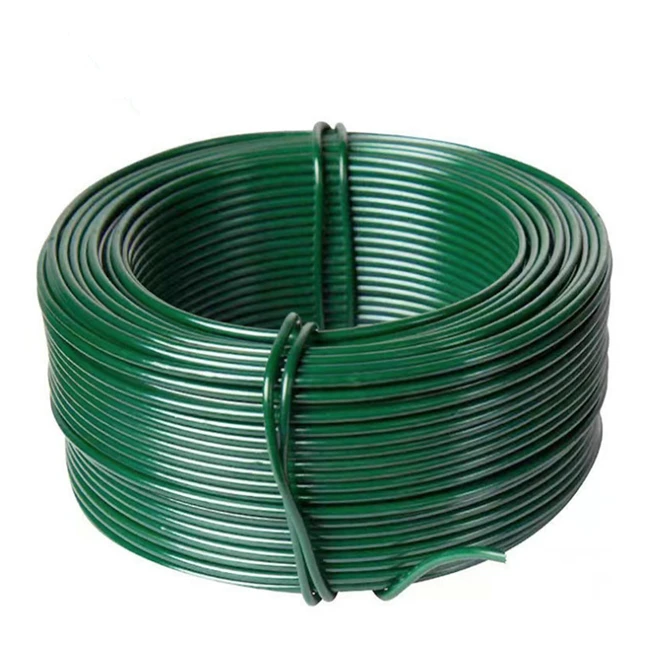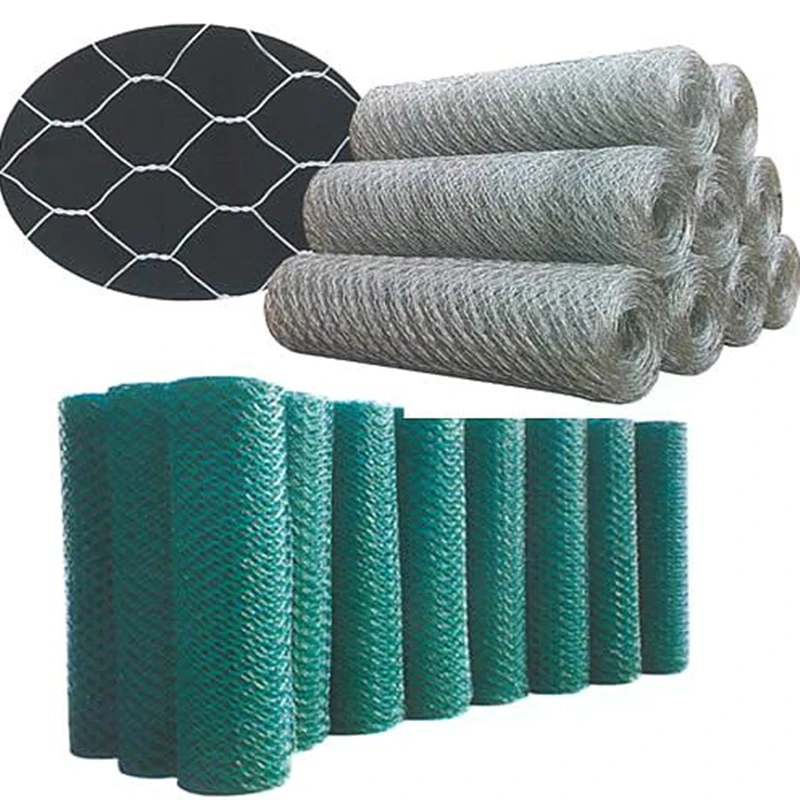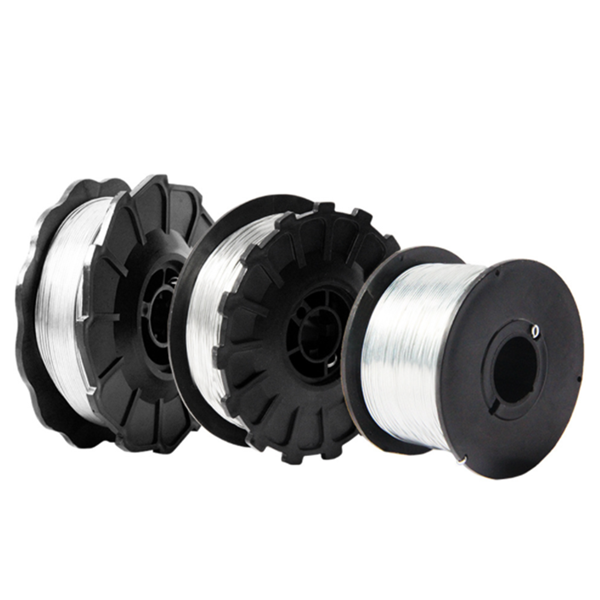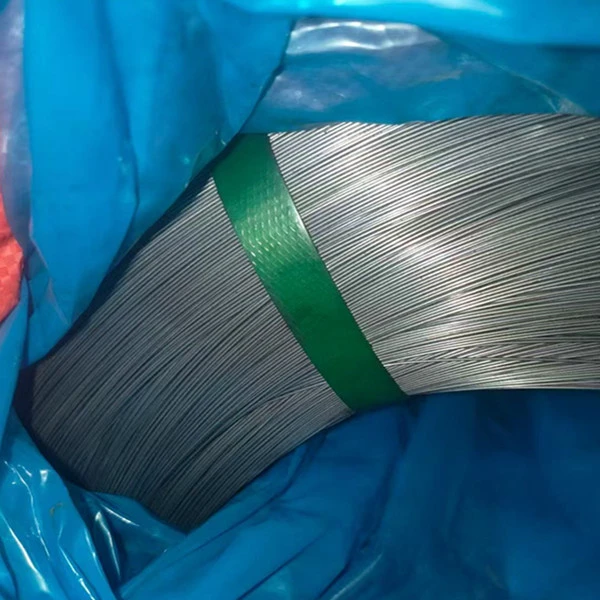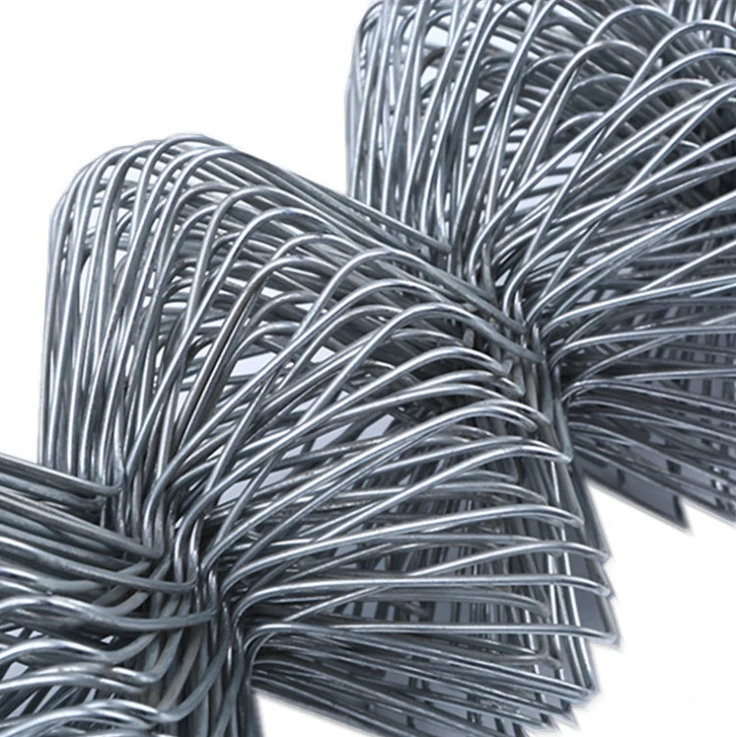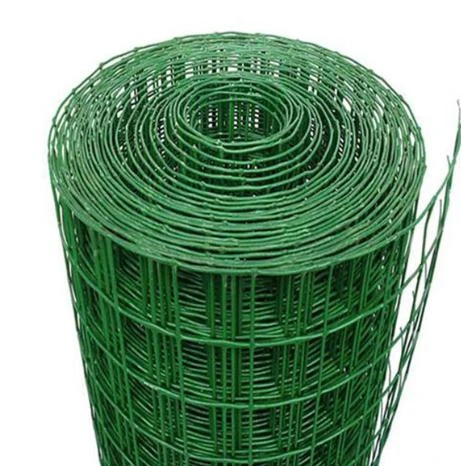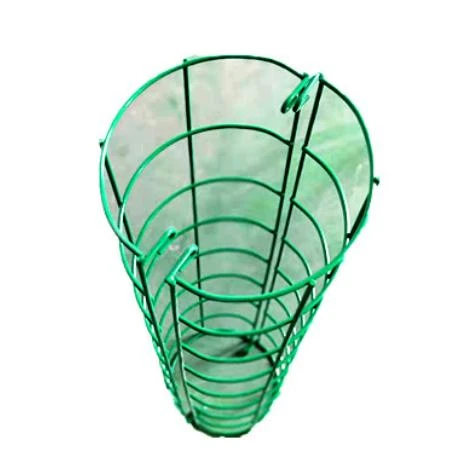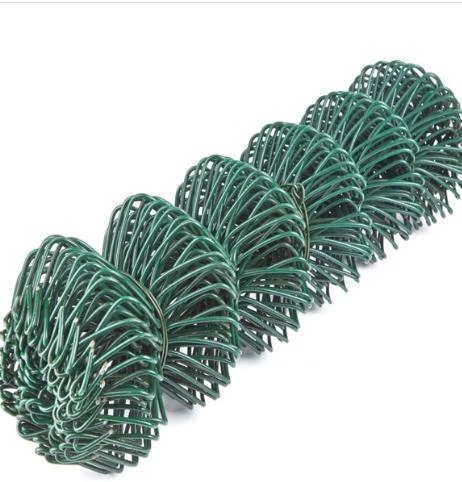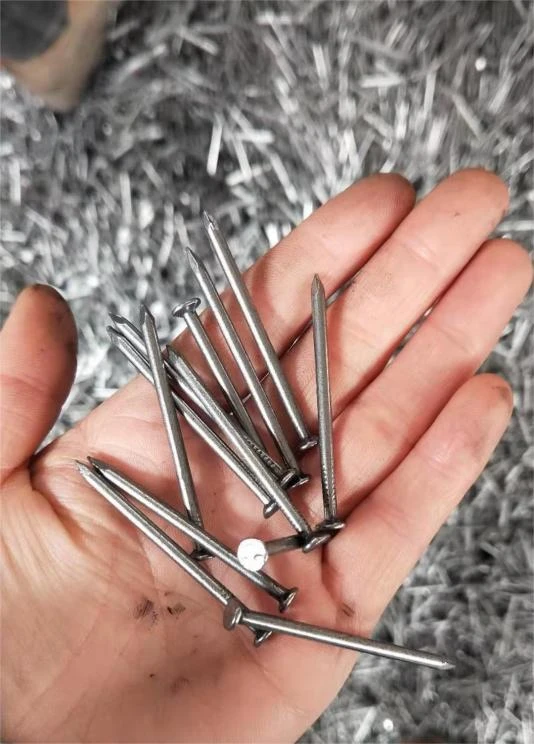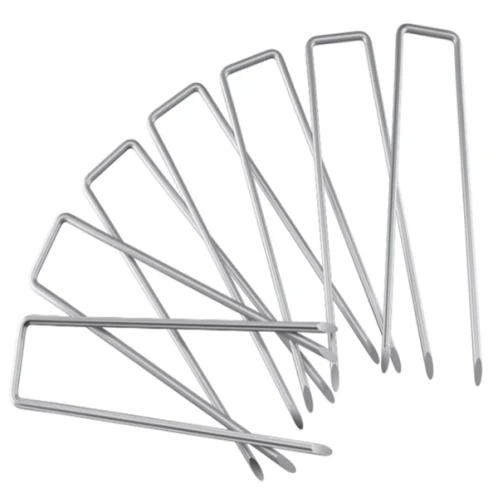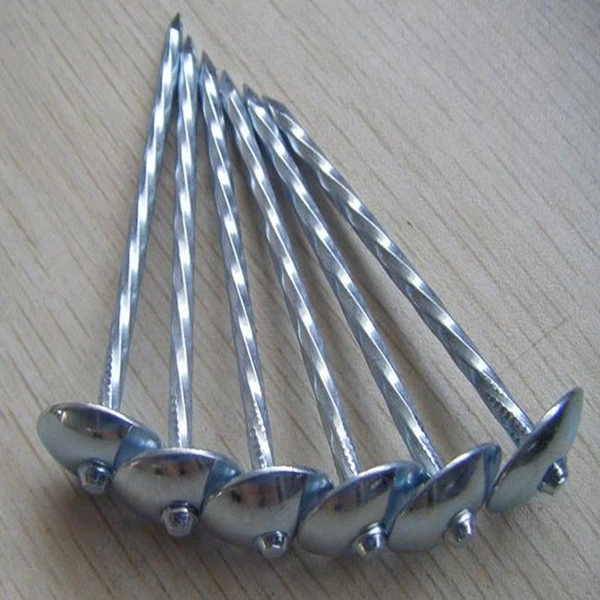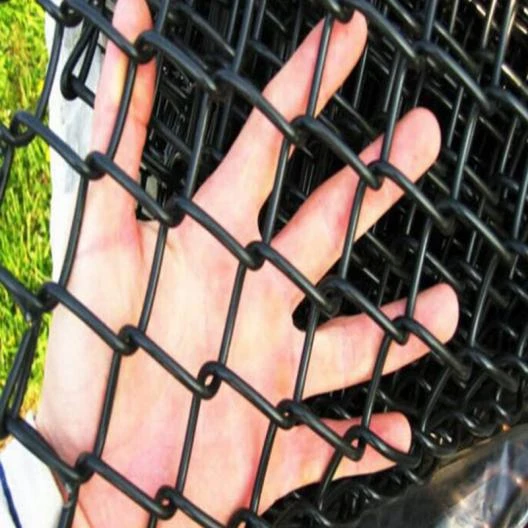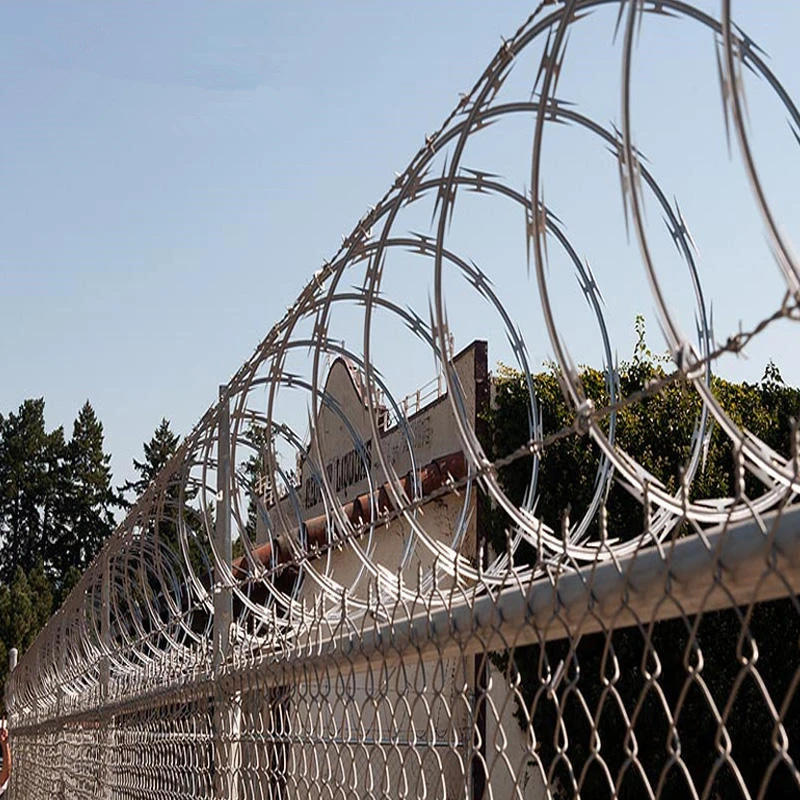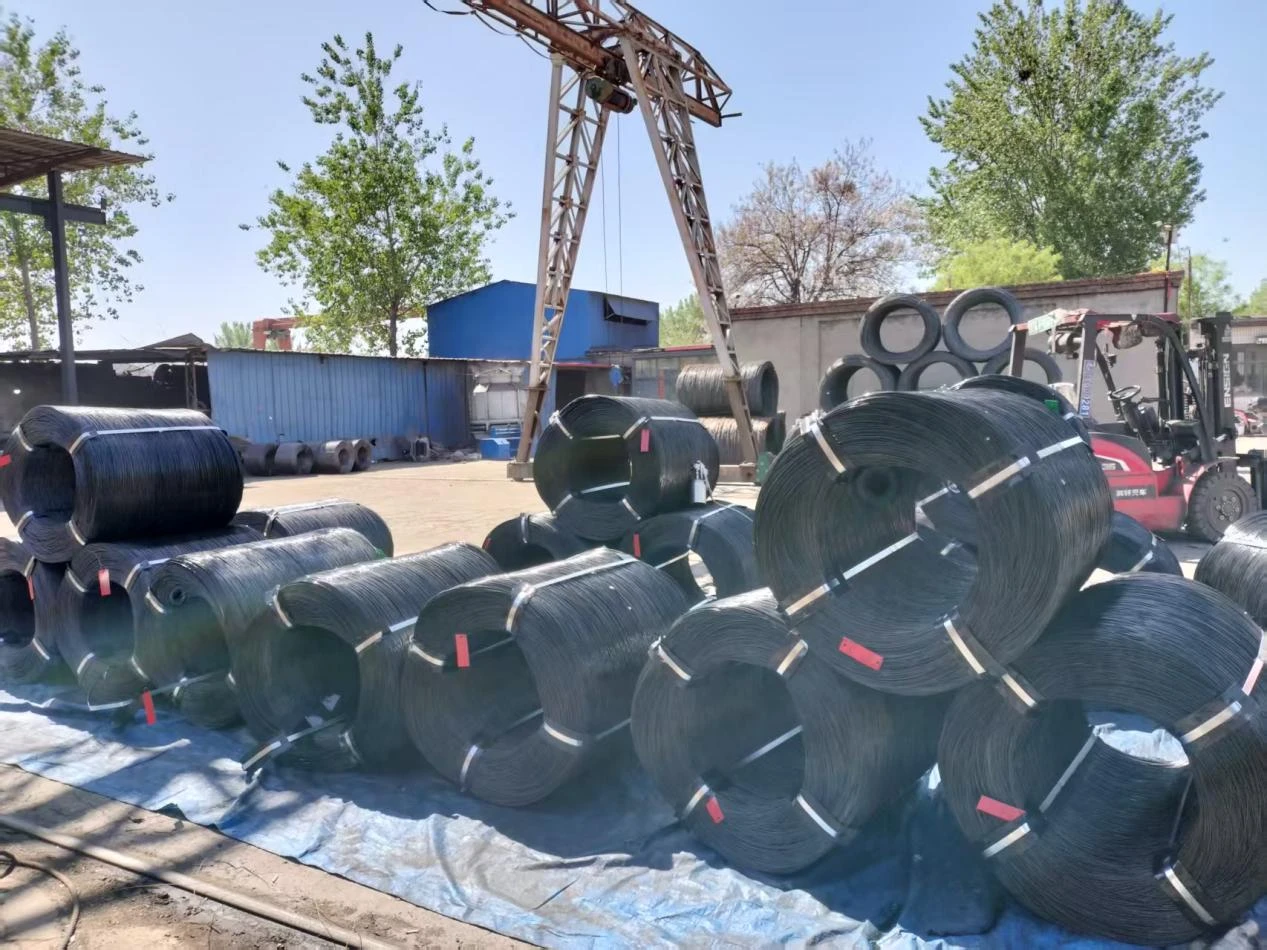- Introduction to Razor Wire Price and Market Dynamics
- Key Factors Influencing Razor Wire Mesh Fence Price
- Razor Wire Mesh Price Breakdown: Material, Design, and Coatings
- Manufacturer Comparison: Assessing Quality, Cost, and Service
- Customization Options and Impact on Razor Wire Price per kg
- Real-World Application Cases: Industry Use and ROI Analysis
- Conclusion: Finding the Best Value in Razor Wire Price Solutions
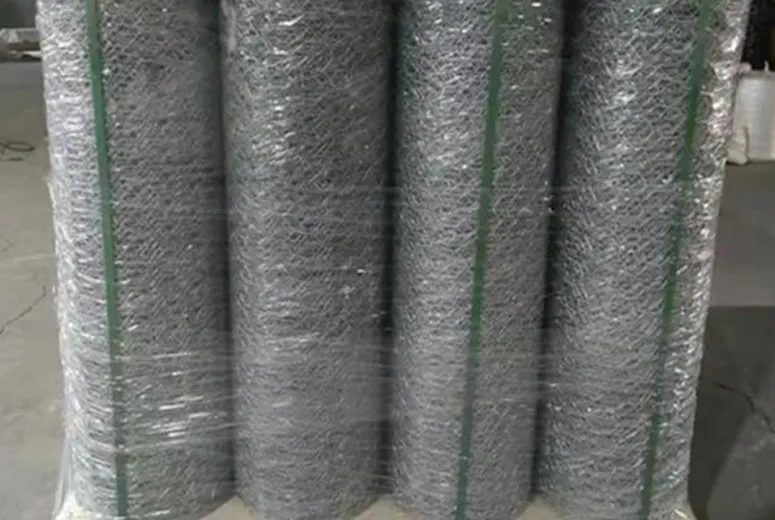
(razor wire price)
Understanding Razor Wire Price Fluctuations and Market Landscape
Over the past decade, the global demand for razor wire and related mesh products has significantly increased, mainly driven by heightened security requirements and infrastructure growth in both developing and developed markets. Razor wire price is influenced by multiple macro-economic and industry-specific variables, including fluctuations in raw material costs (mainly galvanized and stainless steel), technology advancements, and variations in export and import regulations.
Industry reports show that the average razor wire price
per kilogram has ranged from $1.20 to $2.50 globally as of Q1 2024, with notable peaks corresponding to spikes in global steel prices and supply chain disruptions.
This blog explores not only how prices are set, but also offers a granular look at what drives razor wire mesh fence price and razor wire mesh price, providing vital insights to buyers, contractors, and procurement professionals.
Key Factors Influencing Razor Wire Mesh Fence Price
Several core elements dictate the final cost of razor wire mesh fencing solutions. Primary among these are material type (galvanized vs. stainless steel), blade thickness, wire diameter, mesh size, and overall mesh dimensions.
Blade Type and Density: Denser, thicker blades designed for high-security environments not only offer increased deterrence but also carry a higher production cost. Standard BTO-22 or CBT-65 profiles, for instance, impact both the effectiveness and the price per finished roll.
Coating and Longevity: Galvanized coatings typically add around 10-15% to the price, but improve lifespan by 2-3 times in harsh environments. Powder-coating or PVC options may increase the initial investment but result in significant value over a 10 to 15-year lifecycle.
Regional labor costs, energy prices, and anti-dumping duties further adjust the razor wire mesh fence price, especially for bulk or international buyers. Estimating total project costs demands scrutiny of each of these interconnected factors to avoid hidden overruns.
Razor Wire Mesh Price Breakdown: Material Choice, Design Complexity, and Coatings
A thorough price breakdown aids in evaluating the optimal mesh solution for any project. Let’s consider three typical models and their pricing components in the following comparative table:
| Model | Material | Wire Diameter (mm) | Coating Type | Mesh Size (mm) | Avg. Price/roll (50m) |
|---|---|---|---|---|---|
| BTO-22 Galvanized | Hot-dip Galvanized Steel | 2.5 | Standard Galv. | 150x300 | $75 |
| CBT-65 Stainless Mesh | Stainless Steel 304 | 2.8 | None | 100x200 | $120 |
| BTO-30 PVC Coated | Galvanized Steel | 2.5 | PVC Green | 75x150 | $96 |
Reviewing the above reveals how design sophistication and choice of anti-corrosive coatings escalate the overall budget. For example, switching from standard galvanized to stainless steel materials typically increases razor wire mesh price by 40-60% due to raw material premiums and extended durability.
End-users should balance upfront spend with operational lifespan, especially in climates with heavy precipitation or industrial exposure, to achieve the lowest lifetime cost.
Manufacturer Comparison: Technical Superiority, Pricing, and Warranty Terms
To find the best supplier, buyers must evaluate manufacturers beyond catalog price. Leading global producers, such as Protector Wire, Barbed Defense, and SafeMesh, distinguish themselves through research investment, technology adoption, and after-sale support.
| Brand | Country | Certifications | Tech Features | Avg. Price per kg ($) | Warranty |
|---|---|---|---|---|---|
| Protector Wire | Germany | ISO 9001:2015 | Laser-sharpened Edge, Zinc Coating 300g/m² | 2.35 | 7 years |
| Barbed Defense | USA | ASTM F1910 | Weatherproof, Anti-Vandal Welds | 2.10 | 5 years |
| SafeMesh | China | CE, SGS | Budget Design, Custom Mesh Sizes | 1.65 | 3 years |
The key takeaway from the comparative data is that companies prioritizing manufacturing precision and robust R&D typically charge a price premium but offer extended warranties and superior product reliability. Alternatively, budget-focused manufacturers may present a lower initial razor wire price per kg, though possibly at the expense of coating thickness or blade quality.
Comprehensive supplier audits, sample testing, and reference checks are critical before committing to bulk orders. Selecting manufacturers with local representation and responsive service can further reduce long-term risk.
Customization Options and Their Impact on Razor Wire Price per kg
Highly specialized sites, such as correctional facilities, transportation depots, and sensitive border zones, often require custom razor wire specifications to address unique threat profiles and installation constraints. Customization not only enhances security but also carries implications for both per-unit and total cost.
Customization variables involve:
- Blade type and size: BTO-12, BTO-22, CBT-60, or custom
- Core wire thickness: 2.0mm to 3.2mm
- Coating: Heavy galvanized, zinc-aluminum, PVC, or composite
- Roll length, coil diameter, and mesh pattern
- Color finishes for urban or aesthetic integration
Consultation with engineers or technical teams ensures that customization aligns with risk levels, regulatory codes, and ROI targets, allowing for an optimal trade-off between budget and performance.
Real-World Application Cases: Investment Value and ROI of Razor Wire Mesh Systems
Decision-makers routinely assess not only the initial acquisition expense but also the medium to long-term returns on security infrastructure investments. Below are illustrated cases from varying industries:
| Sector | Project | Fence Length (meters) | Product | Total Investment ($) | Payback (Years) | Security Incidents Reduced (%) |
|---|---|---|---|---|---|---|
| Logistics / Warehousing | Urban Distribution Center, Hamburg | 720 | Galv. BTO-22 Mesh | 11,200 | 1.6 | 92 |
| Critical Infrastructure | Oil Storage Facility, Dubai | 1800 | Stainless CBT-65 Mesh | 37,800 | 2.2 | 97 |
| Correctional Institution | State Prison, Texas | 920 | PVC-Coated BTO-30 Mesh | 14,050 | 1.7 | 99 |
These case studies make clear that strategic investment in advanced razor wire mesh fence systems can result in incident reductions up to 99%, with typical payback periods ranging from 1.5 to 2.5 years.
Further savings arise from lower repair rates, minimized onsite patrol needs, and long-term durability—factors often undervalued in initial procurement budgets.
Conclusion: Maximizing Value in Razor Wire Price Decisions
Comprehensive assessment of razor wire price, including razor wire mesh price and razor wire mesh fence price, requires consideration of both hardware specifications and supplier value, balanced with site-specific needs and total long-term cost.
Smart buyers go beyond simply comparing per kilogram rates. By evaluating key data points—such as technical features, certification credentials, warranty length, and real-world ROI results—procurement teams are better positioned to achieve optimal security on a sustainable budget.
When specifying a project, always align customization levels with actual field conditions and threats, leverage manufacturer expertise, and track operational performance post-installation. In doing so, organizations ensure that their investment in razor wire delivers not just initial protection, but enduring savings and peace of mind.
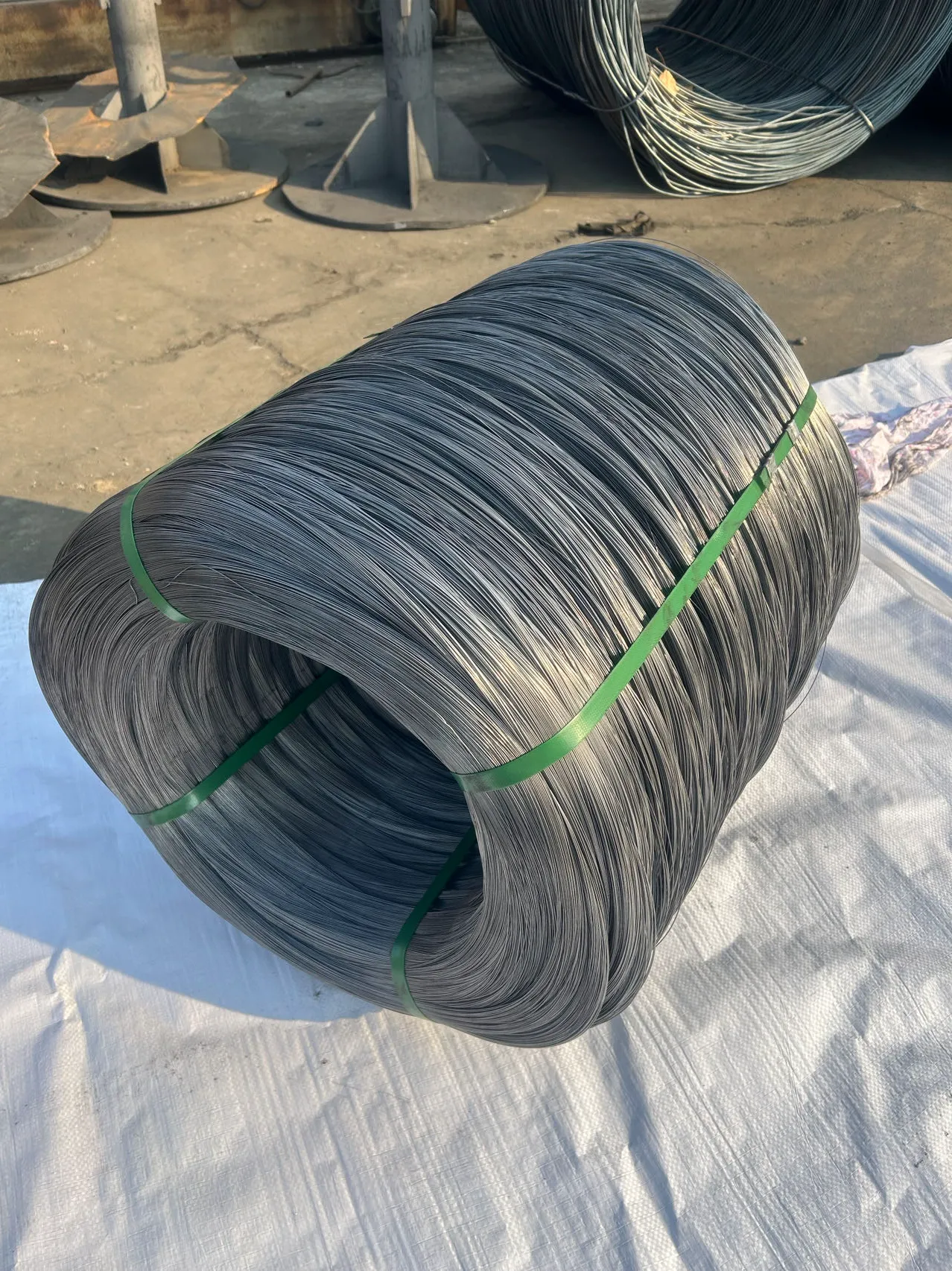
(razor wire price)



